High-tech and water recirculation systems help increase shrimp farming productivity by up to 16 times
The farming ponds are equipped with bottom oxygen supply devices and automatic environmental monitoring systems. Water is chemically treated through a settling system to remove suspended organic matter and heavy metals, then fully disinfected before being introduced into the ponds. Wastewater from the ponds is recirculated through settling ponds and filtration tanks, ensuring effective reuse.
Thanks to the application of advanced technology, Phuoc Hai Seafood JSC has achieved an impressive yield of 80 tons/ha/crop, which is 16 times higher than traditional farming methods (5 tons/ha/crop). With three crops per year, the company reports annual revenue of VND 20–30 billion. Its clean shrimp products meet strict international standards on quality, food safety, and environmental protection, and are exported to major markets such as Europe, Japan, South Korea, and the United States.

In 2016, Phuoc Hai Company proudly received the ASC (Aquaculture Stewardship Council) certification for sustainable aquaculture from the Global Aquaculture Council and the BAP (Best Aquaculture Practices) certification from the Global Aquaculture Alliance.
According to Mr. Loc, these certifications go beyond farming techniques and cover food safety, traceability, environmental protection, and social responsibility, applying across the entire production chain—from hatcheries and farms to feed mills and processing plants.
Similarly, Quyet Thang Agricultural Cooperative (in Long Huong Ward, Ho Chi Minh City) invested VND 5 billion in 2019 to transition to a super-intensive shrimp farming model using a closed-loop Recirculating Aquaculture System (RAS) housed under a net house. Covering an area of 100 hectares, the cooperative employs a water treatment system similar to that of Phuoc Hai, involving organic matter removal, heavy metal extraction, and disinfection before reusing the water in shrimp ponds.
Mr. Nguyen Kim Chuyen, Director of the cooperative, shared that high technology enables strict control of the farming environment—a key factor in shrimp farming. As a result, the cooperative has increased production from 1 crop/year (traditional earthen ponds) to 3 crops/year, achieving 25–30 tons/ha/crop, generating VND 15–18 billion in annual revenue.
“This model not only enhances economic efficiency but also contributes to environmental protection by minimizing the impact of wastewater and solid waste on the surrounding environment,” Mr. Chuyen said.
Phuoc Hai Seafood JSC (Phuoc Hai commune, Ho Chi Minh City) is a prime example of successfully applying high technology and water recirculation systems in aquaculture. Covering 5 hectares, the company operates a super-intensive shrimp farming model utilizing biotechnology and water reuse systems, ensuring no impact on the natural environment.
Mr. Nguyen Van Loc, Chairman of the Board, stated that with an investment of VND 102 billion, the company imported modern equipment and technology from the United States and collaborated with international experts to implement biotechnology in a closed-loop, antibiotic-free shrimp farming process.
At the beginning of 2025, the leadership of Ba Ria – Vung Tau province (now part of Ho Chi Minh City) issued a Development Plan for Science and Technology Application and Transfer to Promote Circular Economy in Agriculture until 2030. The plan identifies the circular economy as a key direction, aiming to use resources efficiently, increase added value, protect the environment, create jobs, and promote a green, responsible, and sustainable agricultural sector.
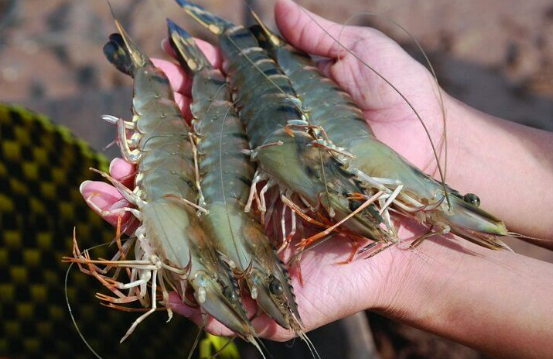
Specific goals by 2030:
-
At least 20% of agricultural science and technology tasks will focus on research, application, and transfer to support circular economy development.
-
Post-harvest losses in key agricultural, forestry, and fishery products will be reduced by 0.5–1% per year.
In the aquaculture sector, the plan targets 50% of sludge and wastewater from farms to be treated and reused. Applying circular economy technologies in farms and cooperatives is expected to increase the added value in the agricultural value chain by at least 20%.
The application of water recirculation technology in aquaculture in Ho Chi Minh City has proven to be highly effective in terms of economic, social, and environmental impact. These achievements not only enhance the value of the aquaculture sector but also contribute to building a sustainable agriculture system that meets international standards.
With continued support from local policies and development plans, the circular economy in aquaculture is expected to thrive, bringing long-term benefits to both businesses and communities.
Source: nongnghiepmoitruong
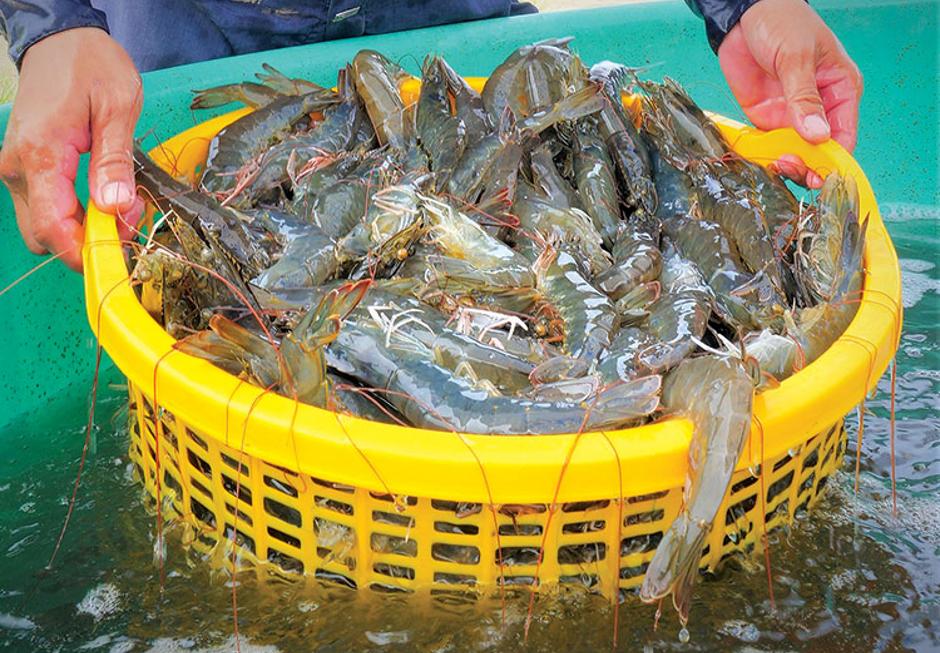
Indian shrimp pivot to the EU, increasing competitive pressure on Vietnam
Indoor shrimp farming in Europe: Investment challenges and the race to find a viable model
Shrimp production surged in the first month of the year, with exports benefiting from strong demand during the Lunar New Year holiday
Quang Ninh Accelerates Digital Transformation in Shrimp Farming, Rising to Lead Northern Vietnam
Lucky money is not just about cash — it’s Aqua Mina’s wish for a worry-free farming season for our valued customers
Việt Nam's top 10 seafood exporters command nearly one-fifth of industry revenue
Ca Mau Maintains Its Shrimp Brand in International Competition
VIETSHRIMP ASIA 2026 & AQUACULTURE VIETNAM 2026 – A TURNING POINT FOR THE MODERN SHRIMP FARMING INDUSTRY
Ecuador's shrimp industry educational program SustainED kicked off its 2026
An Giang will start raising brackish water shrimp as early as the beginning of 2026
Aqua Mina conducts the on-site installation of two aquaculture air blowers | Ceramic Ball Bearing – 15 kW – 25 kPa for a customer in Quang Ninh
Towards Building Brand Value for the Shrimp Industry








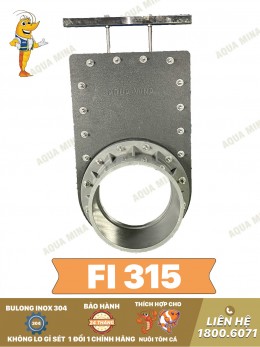
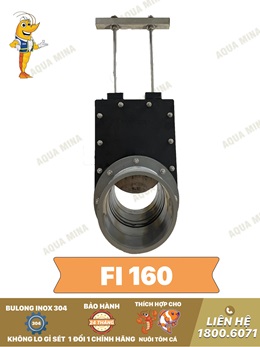
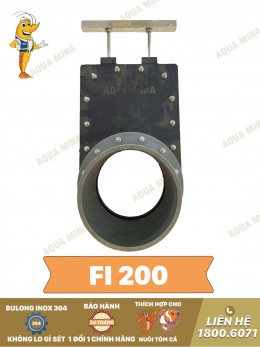
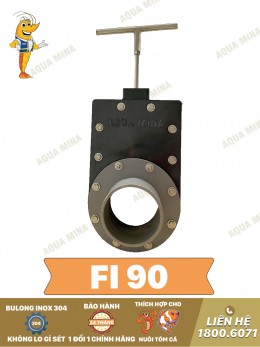
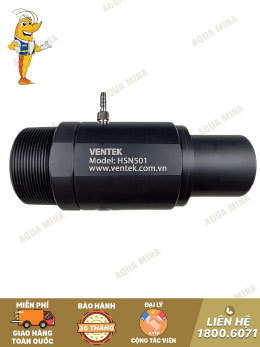
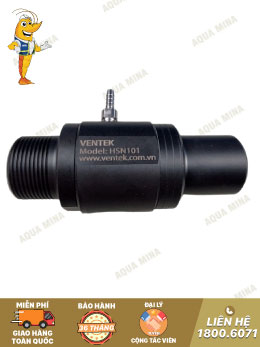
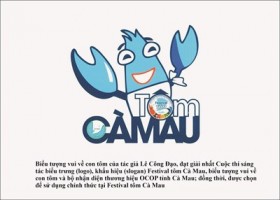
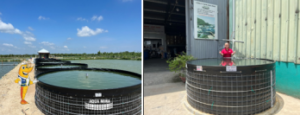
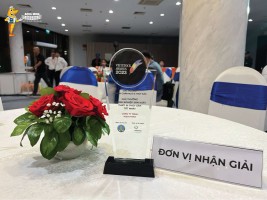
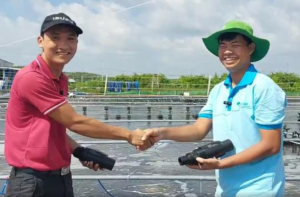
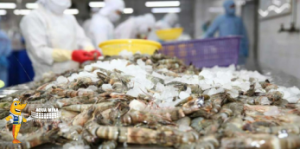
.jpg)